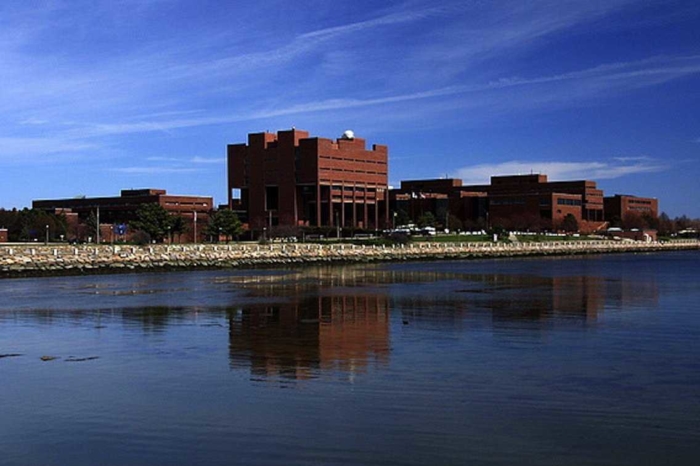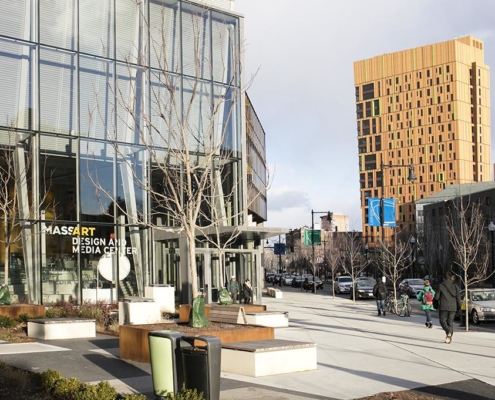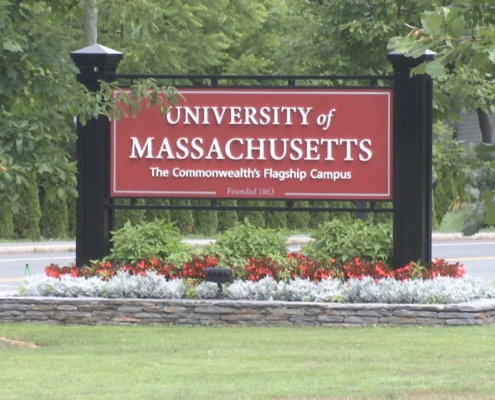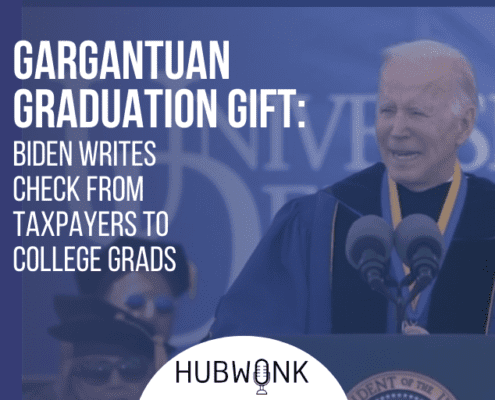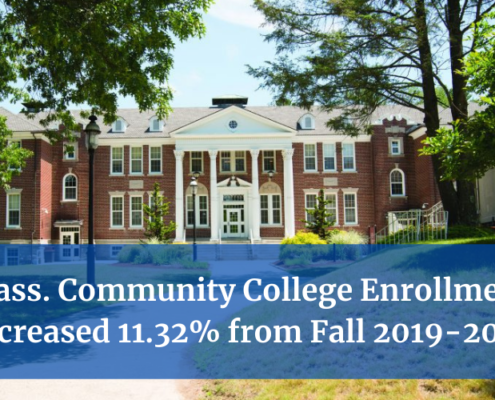Pioneer Institute Public Statement on UMass Financial Oversight
Contact Micaela Dawson, 617-723-2277 ext. 203 or mdawson@pioneerinstitute.org
Pioneer Institute is disappointed that University of Massachusetts leadership refuses to join with Pioneer to request that the State Comptroller’s Office audit the university’s financial oversight.
In the wake of a report finding that UMass President Marty Meehan and the university’s board of trustees bear the bulk of responsibility for the recent budget crisis at UMass Boston, and after the UMass President’s Office requested a meeting with Pioneer staff to discuss the report, Pioneer offered to meet with President Meehan, university finance staff, State Comptroller Andrew W. Maylor, and his Director of Financial Reporting Michael Rodino.
The Pioneer study, “Fiscal Crisis at UMass Boston: The True Story and the Scapegoating,” authored by Greg Sullivan and Rebekah Paxton, finds that the UMass board failed to plan for, provide, or keep track of the funds needed for the program of rapid expansion it had approved for the Boston campus.
The board of trustees and President Meehan adopted the expansion plans based on profoundly inaccurate financial projections published in 2016 that estimated UMass Boston’s fiscal 2017 reserves at $77.7 million and 2018 reserves at $92.9 million. Within a few months of their release, the projections were reduced to $28.1 million for 2017 and $28.5 million for 2018.
The UMass board approved the dangerously low reserves – and even approved a $12.1 million reserve balance for fiscal 2018 – but then directed UMass Boston to replenish its reserves, essentially scapegoating then-Chancellor Keith Motley. The vast majority of the campus’ deficit was attributable to the funds needed to restock reserves.
Even as UMass Boston was forced to make drastic cuts to replenish its reserve accounts, UMass Central Office reserves grew from $68.9 million in fiscal 2011 to $102.1 million in fiscal 2016. Soon after UMass Boston made budget cuts of $25.8 million, the university bought the former Mt. Ida College campus in Newton for $75 million.
UMass points to a review by KPMG to rebut the findings of our report. We too respect KPMG, but the reality is that the scope of the review commissioned by UMass leadership was limited to certain procedures at UMass Boston, did not include oversight issues and the role of the university system’s board of trustees and president, and cannot be described as an audit.
We sincerely hope, for the good of the institution, that UMass leadership will change course and join with Pioneer to request an independent and comprehensive audit of the university’s handling of the UMass Boston fiscal crisis.
View media coverage of this report:
WCVB-TV: Report says ex-chancellor used as scapegoat for UMass Boston financial woes
Boston Herald: “Marty Meehan to blame for UMass Boston financial woes: think tank” and “UMass should be audited for money mess, Pioneer Institute says”
Boston Business Journal: New report blames UMass trustees, president for crisis at Boston campus
Dorchester Reporter: Report blames UMass system for fiscal woes at Dot campus
Bay State Banner: Report faults UMass board, not Motley, for fiscal woes
Bloomberg Radio: Baystate Business: UMass, Air Travel, Mayor Walsh
Recent Research:

